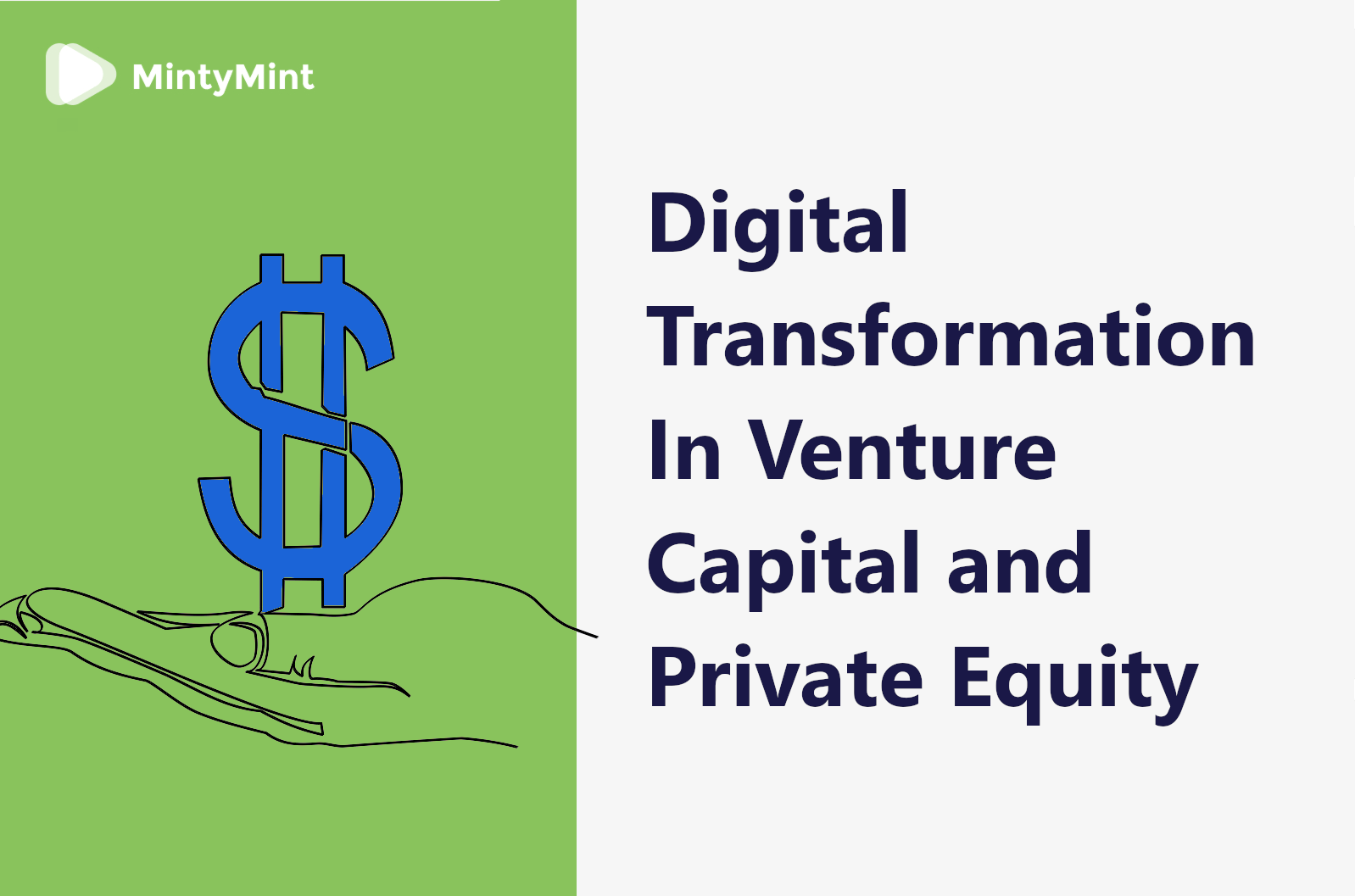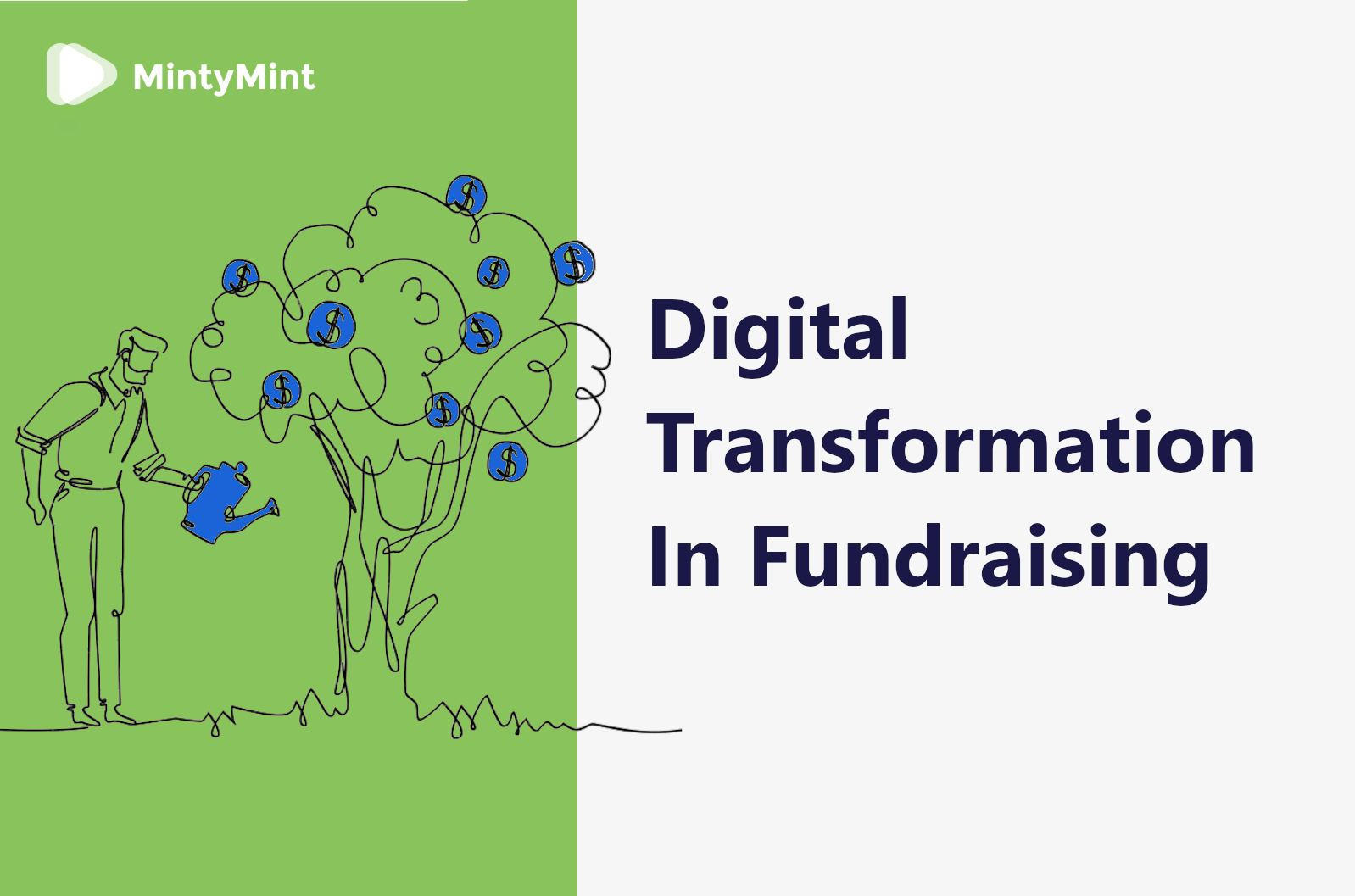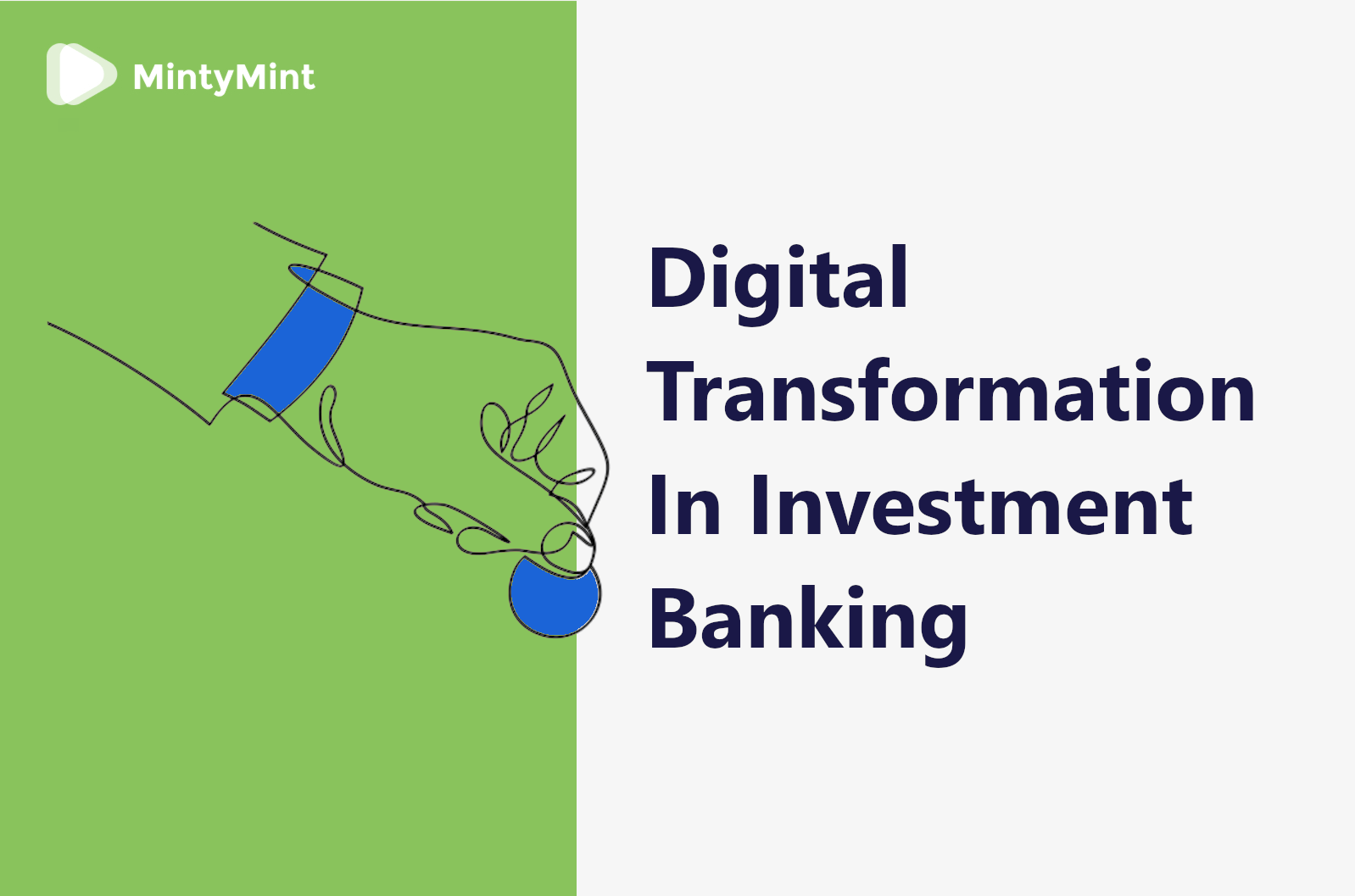2021 was a transformative year for Fintech. In 2022, it’s developing with cosmic speed and making many changes in all industries. The Fintech industry obtained over $130b in capital, representing 20% of all money invested in 2021.
Yet with massive fintech development comes more significant risk, and some Fintech businesses have begun to feel vulnerable to its effects. How has this boom affected these companies, and what should we do against such risks? We’ll tell you in the following article.
Data Leakage
In Fintech, data privacy is critical in driving adoption and winning the overall customers’ trust. Fintech solutions access users’ sensitive and personally identifiable data like social security numbers, account numbers, and identity data.
Yet, in 2020, the financial services and insurance sectors were the top attacked industries globally. Unfortunately, during the Covid-19 pandemic, cyber-attacks on financial companies have boosted.
How to Overcome Data Leakage?
Here are the main possible ways to keep the company data under control and make it possible to prevent any breaking. Yet, it would be much harder to perform without a professional security team. Let’s take a look at the prevention measures:
- Implement good technical security management such as multi-factor authentication, roles, access management, end-to-end encryption, and other cases. Approximately 75% of high-level threats could have been avoided with proper safety measures;
- Conduct penetration testing and vulnerability scanning, as well as regular security audits;
- Continually scan network traffic to determine any suspicious activity or unauthorized access attempts.
Regulatory Non-Compliance
One more significant challenge for Fintech is to keep up with evolving laws and rules, as non-compliance results in hefty penalties and legal actions.
Fintech businesses must comply with Know Your Customer (KYC), Payment Card Industry Data Security Standard (PCI-DSS), Fair Credit Reporting Act (FCRA), General Data Protection Regulation (GDPR), and more. Fintech regulations worldwide differ from country to country, with the UK, UAE, and Singapore being among the top-rated countries with their regulatory sandboxes.
The regulatory landscape is somewhat complicated, and fintech startups often do not have the resources to establish an internal compliance function. What are the ways to overcome such an issue?
How to Overcome a Non-Compliance Case?
- Implement solid regulatory management and compliance programs as well as internal controls;
- Perform periodic compliance audits;
- If you don’t have the resources or expertise, outsource the compliance management function to a third-party service provider.
Technological Weakness
Platform or technology malfunctions or exposures can adversely affect consumers, from poor client service to financial losses. For instance, customers may incur extra charges or fees if a payment transaction is not processed promptly. Any service instability or downtime can lead to lost gains and reputational damages.
How to Overcome Technological Risks
- Technical due diligence of a Fintech development service provider;
- End-to-end testing and quality assurance to make sure your service is reliable, responsive, and always available;
- Ongoing maintenance and dedicated SLA support.
Constant Competition and Technological Boom
The challenge is to stay updated with all the upcoming technological improvements without surrendering to the latest trend.
Arising technologies are reshaping every industry faster than ever recorded previously. Yet, when something new is introduced, only the company’s management decides whether or not to accept it.
However, the issue is somewhat controversial. Engineering managers will require personnel familiar with it if they decide to include new technology. Consequently, a lack of experience in developing technologies complicates the process, prolongs time to market, and increases costs.
On the other hand, if companies do not upgrade their technology stack, their systems will become ineffective.
How to Overcome Constant Competition
- Constantly update the staff’s knowledge and awareness of the new technologies
- Seek the trends suitable for the particular company’s needs
- Do not run for all the latest trends and think about all trend implementation risks before implementing them into the current system
Unexpected Market Occurrences
Unforeseen market occurrences cause a significant operational risk simply since they are surprising. Fast reaction to a quick market occurrence can also force central solvency and liquidity issues for Fintech.
Excess volatility, pro-cyclicality, contagion, and other risks may arise in the market, disrupting fintech services. In such cases, customer support teams and operations must think quickly and devise quick answers — contingency planning almost always fails to deliver the necessary reaction. Since it is customary in Fintech, timely, proper customer contact is critical.
Professional Responsibilities
Finally, most Fintech companies either supply or promote a financial service. This exposes the organization to carelessness, service failures, and other usual financial assistance problems. Fintech companies, which provide fresh financial products via new creative service models, are highly susceptible to professional responsibility claims.
Fintech businesses often overrun their operational capacity and cannot formalize new operating procedures, which can cause future mistakes and inconveniences.
Consumers are inclined to carelessly use Fintech applications and fail to take preventative measures to safeguard themselves, their data, and finances. The fintech provider will be held responsible 99% of the time in any case.
Wrapping Up
Want to learn more about all the possible risks faced by Fintech? Get in touch with our dedicated experts to know what MintyMint can do for Fintech processes to make your business flourish.



















